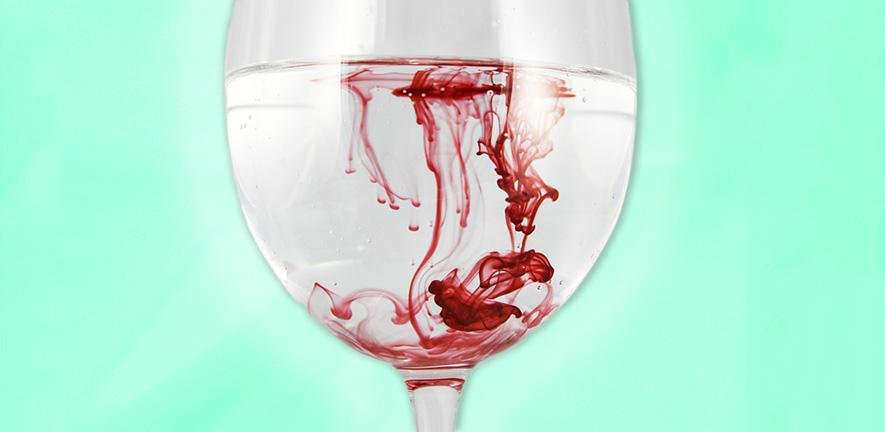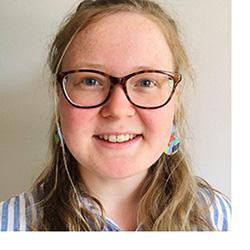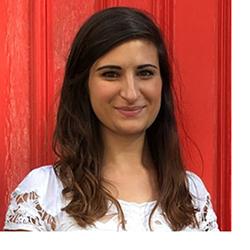
Does Blood Run Thicker Than Water?
Project leads: Kate Shaw (CFR), Dr Naomi Moris (Genetics) and Dr Catherine Aiken (O&G)
Funding round: 2019–2020
The use of donor eggs and sperm in fertility treatments is rising, with over 60,000 donor-IVF cycles in 2017. In parallel, our society has become more aware of the scientific concept of genetics, through popular notions of ‘selfish genes’, and technical advances like CRISPR and three-parent babies. This has led to a ‘geneticised’ society, in which discourse around embryo development is often framed in pseudo-scientific language.
Studies at the Centre for Family Research (CFR) have found that in donor conception families (where one or both parents do not have a genetic connection to their child), parents redefine traditional notions of ‘relatedness’. Research conducted at the Department of Genetics (DoG) uses embryos and stem cells to explore how human development is governed by biological principles. Our project will connect these two diverse perspectives, to explore how commonly understood notions of relatedness are tied to real biological phenomena. Working with professional filmmakers and animators, we will co-create a short film exploring the complexity of perceptions and preconceptions of the role of biology in embryo development. The finished piece will be engaging to a wide audience, and will present parents’ perspectives, analysis from experts at CFR and scientists at DoG as equal voices in an open discussion about ‘what makes us ourselves’. This exploration will spark new debate; bringing a necessary, interdisciplinary perspective to explore whether ‘blood really does run thicker than water’.
Due to COVID-19, the film couldn't be produced as planned, but the project was successful in bringing together researchers from the CFR and biomedical departments.
Kate Shaw is a Research Assistant in the Centre for Family Research, where she works across a number of projects that investigate the experiences of families who have used assisted reproductive technologies. She is currently carrying out research with same-sex female couples who have used intra-partner egg donation.
Naomi Moris is an Junior Research Fellow in the Department of Genetics, where she studies early embryo development and how individual cells make decisions. To better understand these questions, she uses mouse embryonic stem cells in 3-dimensional ‘gastruloid’ culture systems which mimic features of the early mouse embryo.



